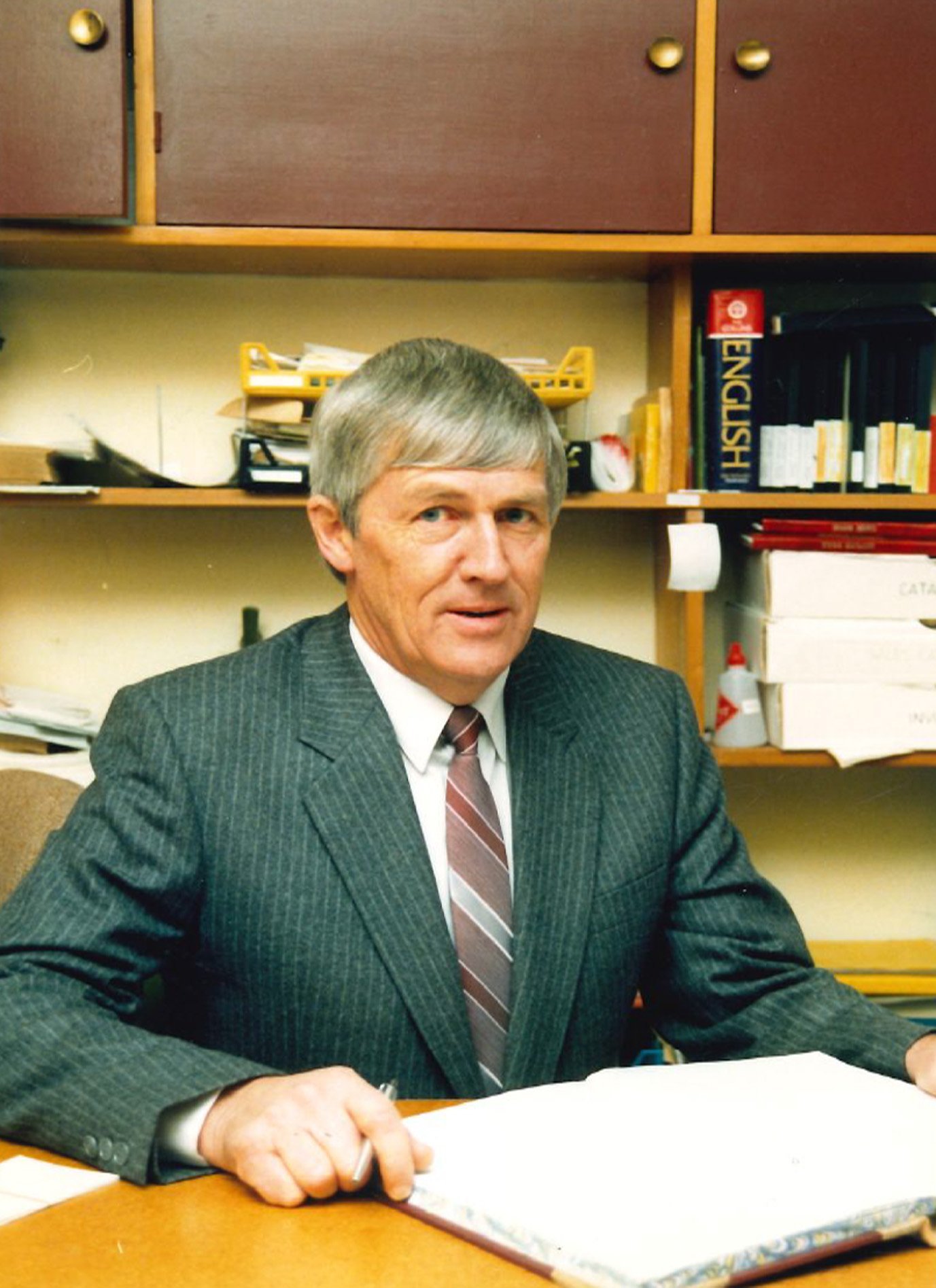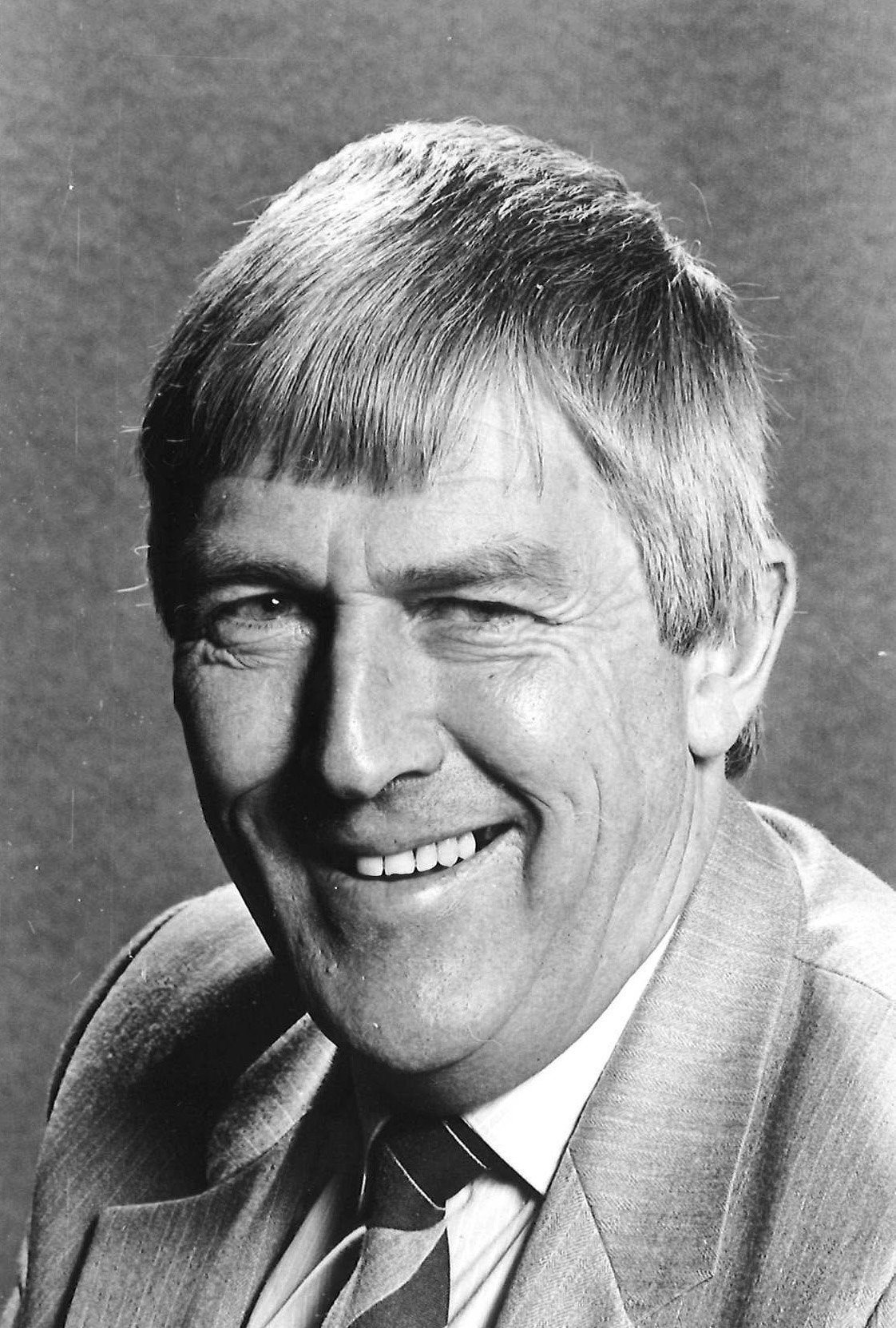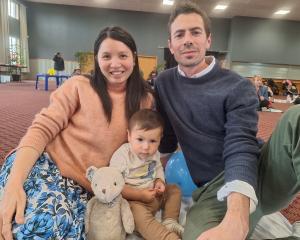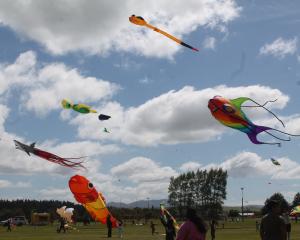
Derek Angus, MP for the now defunct southern seat of Wallace for nine years, was preceded by a deputy prime minister and followed by a future prime minister.
While electoral circumstances meant that he did not reach great heights in Wellington, Mr Angus made an enormous and lasting contribution to the South in regional politics, both as a councillor and as a conservation advocate.
A southerner through and through, Derek Alan Angus was born in Lumsden on February 21 1938, the eldest of the three children of Alan Angus (Otautau) and Leila Herbison (Antrim, Northern Ireland).
World War 2 disrupted his childhood, a young Derek having to help his mum as best he could after his dad joined the air force and served overseas.
Educated at Waitaki Boys’ High as a boarder, he soon showed his natural sporting ability. A lover of the great outdoors and all sporting activity, Derek Angus was the youngest member of the school first XI: he still owned his old cricket bat when he died.
However, a promising sporting career was cut short when he contracted rheumatic fever, a complaint which at the time was treated by complete bed rest.
After he recovered, the army came calling, and Mr Angus spent his compulsory military training in the artillery section. As well as engendering a potentially selective hearing loss in later life, his time in the army instilled in Mr Angus a respect for discipline and a sense of duty.
Back in civvy street, Mr Angus took a job with the Southland Frozen Meat company before becoming a stock agent. He worked in that role for 25 years, ending up as the head stock agent for Makarewa.
The role took him to various towns in the South and his reputation as a handy rugby player preceded him. A fullback with a powerful boot, Angus was keenly sought after by local rugby clubs.
He went on to represent Northern Southland, West Otago and South Otago at rugby, and was also adept at tennis, cricket and golf.
Mr Angus was also an enthusiastic hunter and spent most Sundays supplementing his income by hunting deer in the hills. He only ever owned one rifle, a sporterised ex-military .303 with open sights.
Mr Angus met his future wife, Thelma Frances Hazley, of Dipton, at a dance. They married in 1961 and had three children: Deborah, Robyn and Hamish.
They had five grandchildren, and just before he died Mr Angus got news that he was about to become a great-grandparent.
After marrying Thelma and settling down, Mr Angus became involved in various community organisations. He joined Rotary, was a two-term Winton borough councillor, and also became influential in the local branch of the National Party.
Mr Angus was chairman of the Winton branch from 1971-72, before becoming chairman of the Wallace electorate for seven years.
He served as a member of the Otago-Southland divisional executive from 1974-81 and was a National Party dominion councillor from 1977-81.
The sitting MP, Sir Brian Talboys, mentored Mr Angus. Upon his retirement from politics in 1981 the former deputy prime minister and foreign minister applied gentle pressure to his reluctant electorate chairman to put his name forward as the party’s new candidate for Wallace.
In the subsequent election, Mr Angus increased Sir Brian’s majority from 5324 to 6558 and he entered Parliament as a backbencher in Sir Robert Muldoon’s final term in government.
He greatly enjoyed his three years in government, but found his next six years in Opposition far harder. The Labour government’s widespread economic reforms sent shockwaves through the rural community which Mr Angus represented, but he felt powerless to support his constituents in the way he wanted to.
Devastating floods in 1984 caused havoc to many farming communities in the electorate, with major stock losses and infrastructure damage. Mr Angus poured enormous energy into getting much-needed government support out to as many people as possible.
He was given an answer machine for his home phone in Winton, but he refused to use it. "If people want to get hold of me, then I will be available on the other end of the phone, rather than on a machine," he said.

Proud of his Irish and Scottish heritage, he returned in 2006 to tour both countries. A personal highlight for Mr Angus was having a cup of tea in the original kitchen where his mother lived until her family migrated to New Zealand in 1921 and to walk the ground which they had farmed.
When Labour was returned to power in 1987, Mr Angus held the highest majority of any National seat, 7594. Despite his popularity in the electorate and his enjoyment of the work, Mr Angus had tired of the long hours of travel required to be a southern MP and decided to retire at the 1990 election.
His successor in the seat was future prime minister Bill English.
Labour nominated Mr Angus for a Queen’s Service Medal, which he received in recognition of his contribution to the people of Southland. The nomination form acknowledged that Mr Angus had retired to prioritise his health and family and spoke of his ability to build relationships, which led to strong respect from all colleagues and political parties.
Although done with Wellington, Mr Angus was not done with politics and moved into local government. He was elected to the Southland District Council and the Southland Regional Council, and served until his retirement in 2010.
During these years, Mr Angus also sat on The Guardians of the Lakes Te Anau and Manapouri, as well as the Southland Conservation Board. He was also a honorary life member of the Deep Cove Hostel Trust .
He was instrumental in establishing, and was a founding member of, the Fiordland Wapiti Foundation. Another conservation project he played a major part in was the establishment of the Burwood Takahe Breeding Unit.
He was part of the scoping and selection of the area of land that has become one of the major success stories in conservation species management, helping bring an endangered species back from the brink.
Mr Angus’ passion was always the outdoors and one of his favourite places was Mavora Lakes — a spiritual space where he truly got to relax and wind down from the rigours of work.
There he could indulge his love of fly fishing, camping, boating and hunting, and many a family holiday was enjoyed there.
Above his bed at Rowena Jackson Retirement Village, Mr Angus’ final home, hung a painting of Mavora by his brother-in-law, Lindsay Hazley.
Mr Angus’ final years were bedevilled by health issues, which he resisted with typically dogged determination.
In 2000 he was diagnosed with vasculitis, a severe autoimmune disease. Mr Angus spent many weeks in hospital in Dunedin battling what was then the worst case of the disease survived by someone in New Zealand.
His family were told that he might only have weeks to live, but Mr Angus had other ideas. He recovered, although the disease cost him the fingers on one hand and half of one of his feet, which had to be amputated due to irreparable damage.
Ever a problem solver, Mr Angus set about ensuring that he could still do what he loved: his rifle was modified so that he could operate the trigger with his remaining thumb — duck-shooting could not be missed. He also made a glove so he could velcro his fishing rod into it to hold it securely for fishing.
Walking was difficult, and so Mr Angus switched to an exercise bike, which he used daily.
Thelma Angus died in 2014, a life-changing event, but Mr Angus again adapted his life to fit his circumstances.
"I know this body better than anyone else," he would say, to the frustration of family and doctors but typical of his dogged determination and independence, as he adjusted medications and dosages to manage his own health.
Mr Angus died in Invercargill on May 2, aged 86.
— Mike Houlahan, based upon the eulogy written by Hamish Angus














